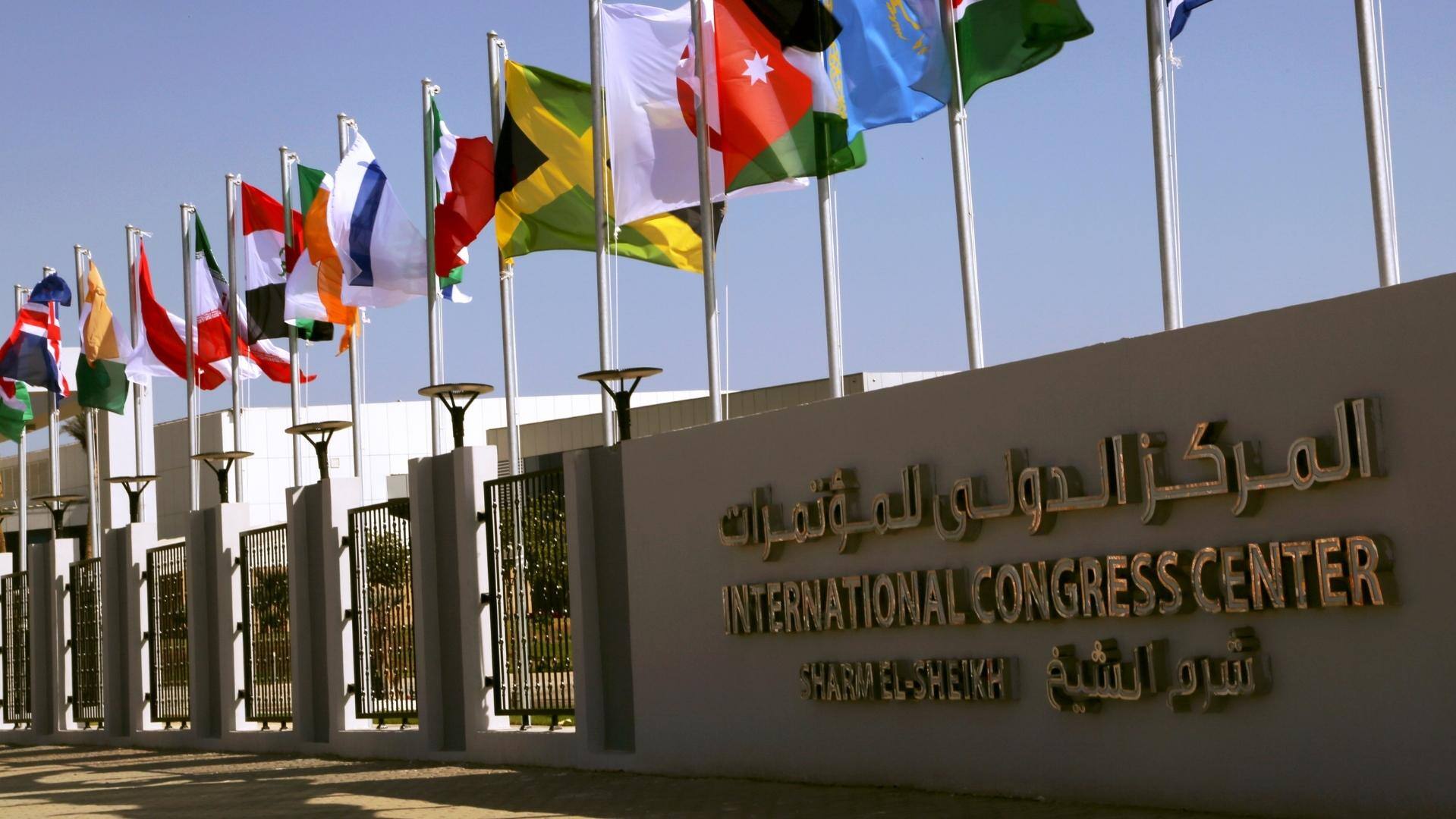UN chief says world is ‘on a highway to climate hell’ without urgent action to cut emissions | CBC News
United Nations Secretary General Antonio Guterres told countries gathered at the start of the COP27 summit in Egypt on Monday they face a stark choice: work together now to cut emissions or condemn future generations to climate catastrophe.
The speech set an urgent tone as governments sit down for two weeks of talks on how to avert the worst of climate change, even as they are distracted by Russia’s war in Ukraine, rampant consumer inflation and energy shortages.
“Humanity has a choice: co-operate or perish,” Guterres told delegates gathered in the seaside resort town of Sharm el-Sheikh.
He called for a pact between the world’s richest and poorest countries to accelerate the transition from fossil fuels and the delivery of funding to ensure poorer countries can reduce emissions and cope with the impacts of warming that have already occurred.
“The two largest economies — the United States and China — have a particular responsibility to join efforts to make this pact a reality,” he said.
WATCH l Compensation for developing nations expected to be a tough sell:
Developing nations have successfully added compensation for past climate damage to the COP27 negotiations, following news that keeping global warming to 1.5 degrees is now very unlikely.
Guterres asked countries to agree to phase out the use of coal, one of the most carbon-intense fuels, by 2040 globally, with members of the Organization for Economic Co-operation and Development hitting that mark by 2030.
Despite decades of climate talks — the Egypt COP is the 27th Conference of the Parties — progress has been insufficient to save the planet from excessive warming, as countries are too slow or reluctant to act, he noted.
“Greenhouse gas emissions keep growing. Global temperatures keep rising. And our planet is fast approaching tipping points that will make climate chaos irreversible,” he said. “We are on a highway to climate hell with our foot on the accelerator.”
In its annual state of the climate report, the UN’s weather agency the World Meteorological Organization said that sea level rise in the past decade was double what it was in the 1990s, and since January 2020 has jumped at a higher rate than that. Since the decade began, seas are rising at five millimetres a year, compared to 2.1 mm in the 1990s.
Front Burner26:06As COP27 begins, a new picture of our climate future emerges
David Wallace-Wells, the acclaimed science journalist and author of The Uninhabitable Earth, says the past few years have given him reason to feel both “buoyant optimism” and “abject despair” about the future of climate change. As the COP27 climate summit kicks into gear, we’re speaking to Wallace-Wells about both — and we’re going to start by talking about the good news. While we aren’t currently on track to keep global warming down to the levels the scientific community has called for, the worst-case scenarios are also looking far less likely than they did even a few years ago. There’s more and more evidence that the actions the world has taken so far really have made a difference — and that we still have significant capacity to determine the kind of world that lies ahead.
Former U.S. vice-president Al Gore, meanwhile, had pointed words for world leaders on Monday, criticizing developed nations’ pursuit of gas resources in Africa.
“We have a credibility problem, all of us: we’re talking and we’re starting to act, but we’re not doing enough,” Gore said during a speech at the opening ceremony of the summit. “We must see the so-called ‘dash for gas’ for what it really is: a dash down a bridge to nowhere, leaving the countries of the world facing climate chaos and billions in stranded assets, especially here in Africa.
“We have to move beyond the era of fossil fuel colonialism.”
UAE to carry on pumping oil, gas
Immediately after Guterres’s speech, United Arab Emirates President Sheikh Mohammed bin Zayed al-Nahya took the stage and said his country, a member of the Organization of the Petroleum Exporting Countries, would continue to produce fossil fuels for as long as there is a need.
“The UAE is considered a responsible supplier of energy and it will continue playing this role as long as the world is in need of oil and gas,” he said.
The UAE will host next year’s UN conference, which will attempt to finalize agreements made last year in Britain and at this year’s Egyptian talks.
Signatories to the 2015 Paris climate agreement pledged to achieve a long-term goal of keeping global temperatures from rising by more than 1.5 C above pre-industrial levels. Scientists have set this as the ceiling for avoiding catastrophic climate change.
Guterres said that goal will only stay alive if the world can achieve net-zero emissions by 2050.
Read the latest World Metereological Organization global climate report:
The head of the International Monetary Fund told Reuters on the sidelines of the conference that climate targets depend on achieving a global carbon price of at least $75 US a tonne by the end of the decade, and that the pace of change in the real economy was still “way too slow.”
The World Trade Organization, meanwhile, said in a report published on Monday that it should tackle trade barriers for low-carbon industries to address the role of global trade in driving climate change.
For all the latest World News Click Here
For the latest news and updates, follow us on Google News.


